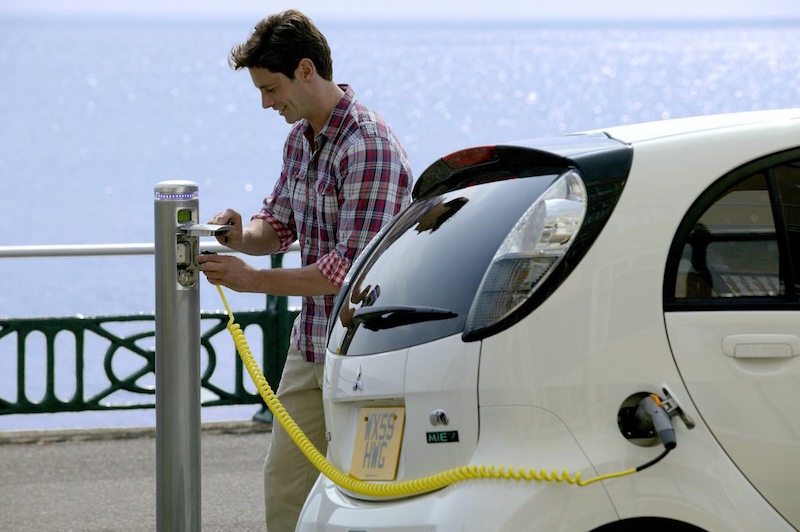Spain’s central government has stepped on the accelerator with a fixed goal: to promote electromobility and provide a stronger regulatory framework for the technological transition.
This work has resulted in three key regulations, which have allowed companies like Evectra to open the way for new projects and opportunities to consolidate these new trends.
«A turning point has been generated in the last year with regulations that have led to the promotion of electric mobility», recognises David Rodriguez Perez, CEO of Evectra.
In April 2021, the work highlighted by the specialist began, with the issue of the Royal Decree focused on the installation of chargers at service stations throughout Spain.
The same one remarked the obligatory nature of the placement of these elements depending on the sales flows that possessed each one in question.
«This was dealt with in an action that has allowed us to mobilise a sector that until now had not been doing so at all», he says.
Work is also continuing, with the next measure issued in December, which stipulated the provision of points in existing car parks.
Until now, only ITC bt-52, which only regulated new constructions, was in place, and now the task was for all those with more than 20 spaces.
Not only that, but the aim was to go a step further by facilitating the bureaucratic tasks that revolve around such facilities.
To which Rodríguez Pérez specifies: «Permits and paperwork require a great deal of work. The execution and design of projects takes much less time than the paperwork does, but this is changing through these new measures.
He highlights how the December decree has «eased the burdens» through the submission of responsible declarations, although he says the task «continues to be complex».
Finally, the central government’s latest regulatory delivery has provided a much more careful framework for the transition, through the establishment of «the famous figure of the load manager».
Although the limitations and targets are clear, David Rodriguez Perez assures that he does not fear serious sanctions for non-compliance.
He explains: «We believe that what will happen is that there will be a tolerance period for the different companies and institutions to respond to the objectives imposed by the administration».
Another important point in all this is that it should not be believed that the tasks are already done, on the contrary, he believes that this will function as a gateway to the development of new regulations.
Therefore, he hopes that the next ones will be aimed at «urgently» solving the management times for the habilitation of recharging points, as well as the reduction of the bureaucratic procedures that must be carried out.
New job opportunities
All this has generated a strong impulse, not only in the consultations, but also in the execution of new projects in which Evectra allows to generate the design of the engineering of the same ones.
It is so that in this time they have come to present in the tender for the development of the plans for the installation of chargers in the Spanish Airports and Air Navigation (AENA).
«We are working on an installation worth around two million euros, which includes many parking spaces, as well as a large number of sockets,» says the CEO.
They are also working on the charging networks of companies such as Iberdrola, Tesla, Ionity and Naturgy, among others.
In response to this, he says: «Each of them tells us about the extension they want to make to their networks, and based on this, we manage the design of each one».





















